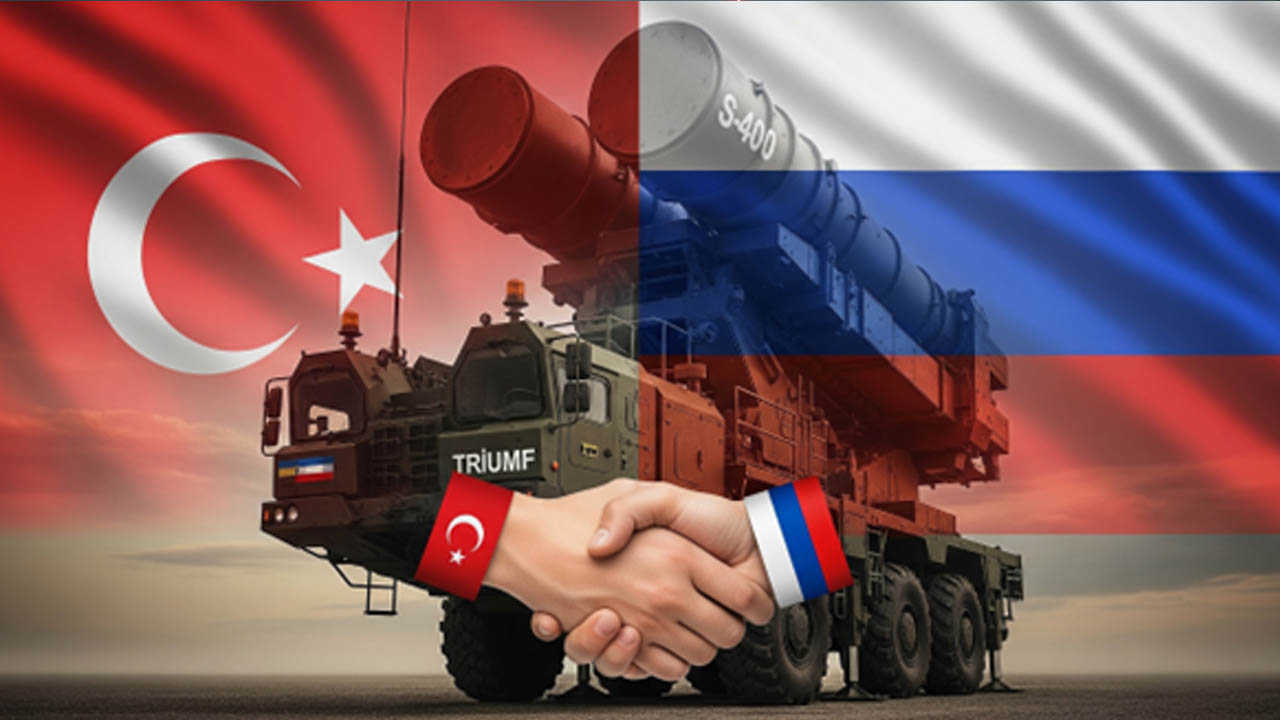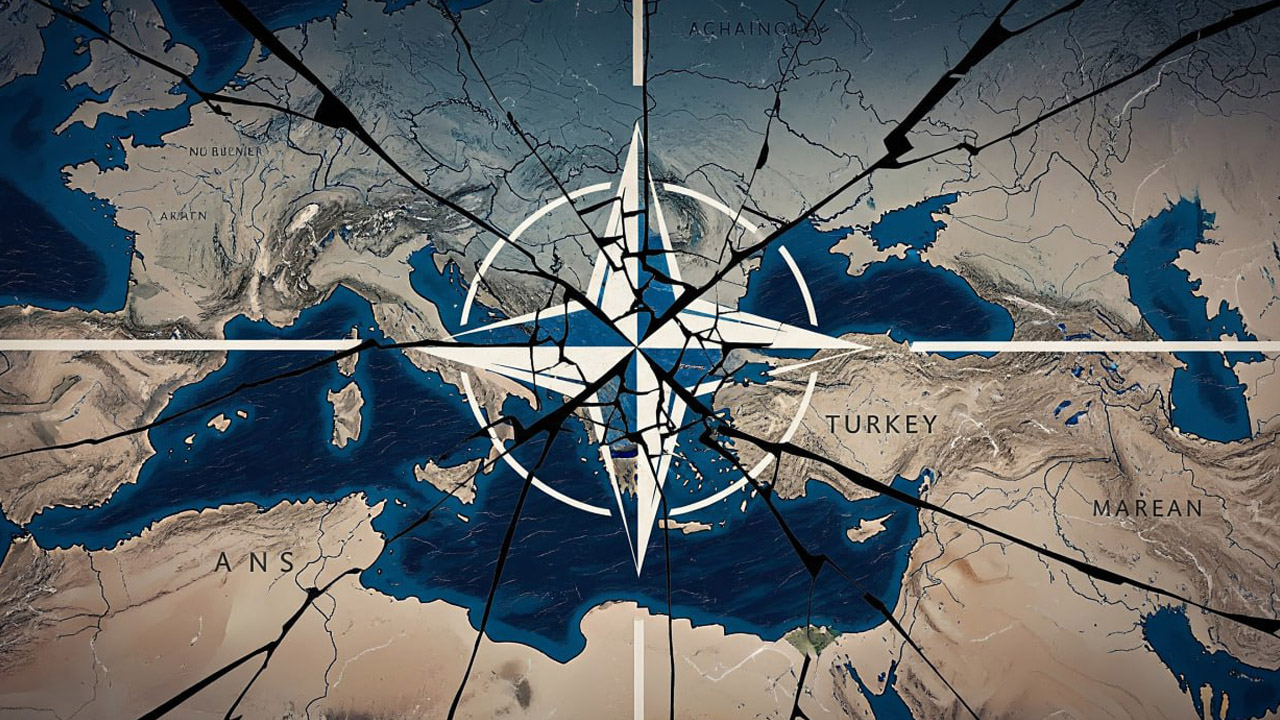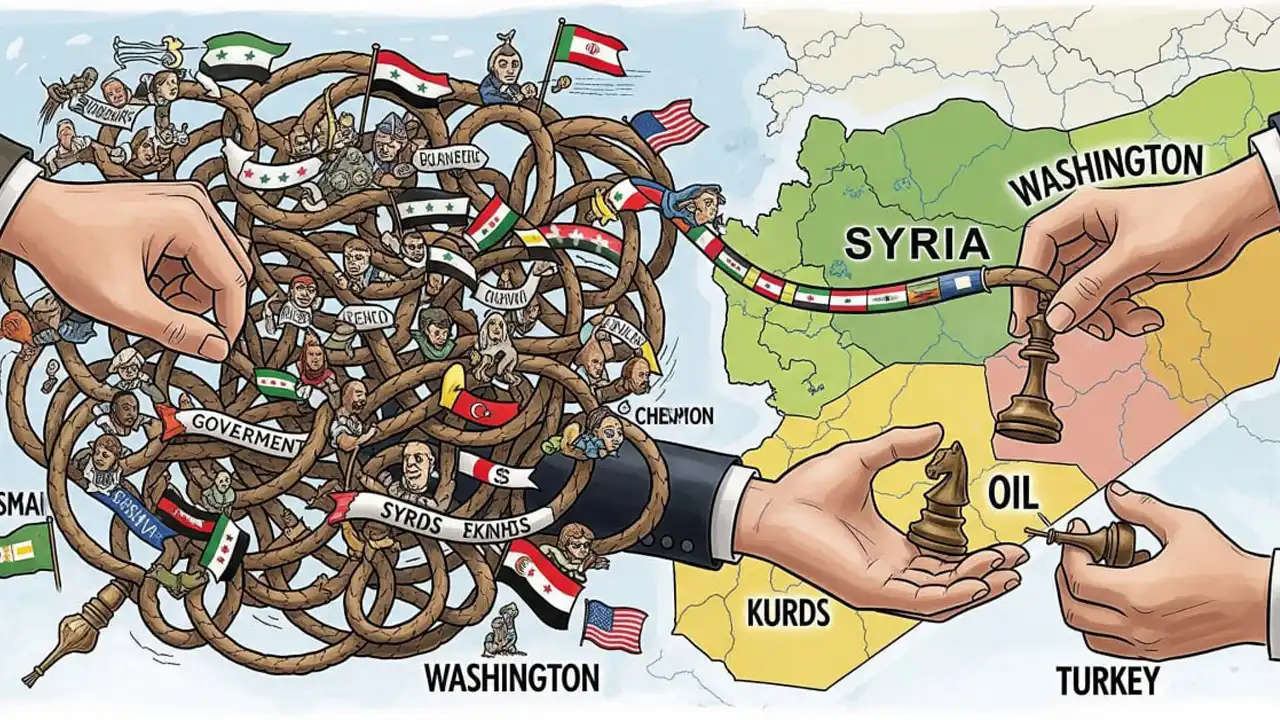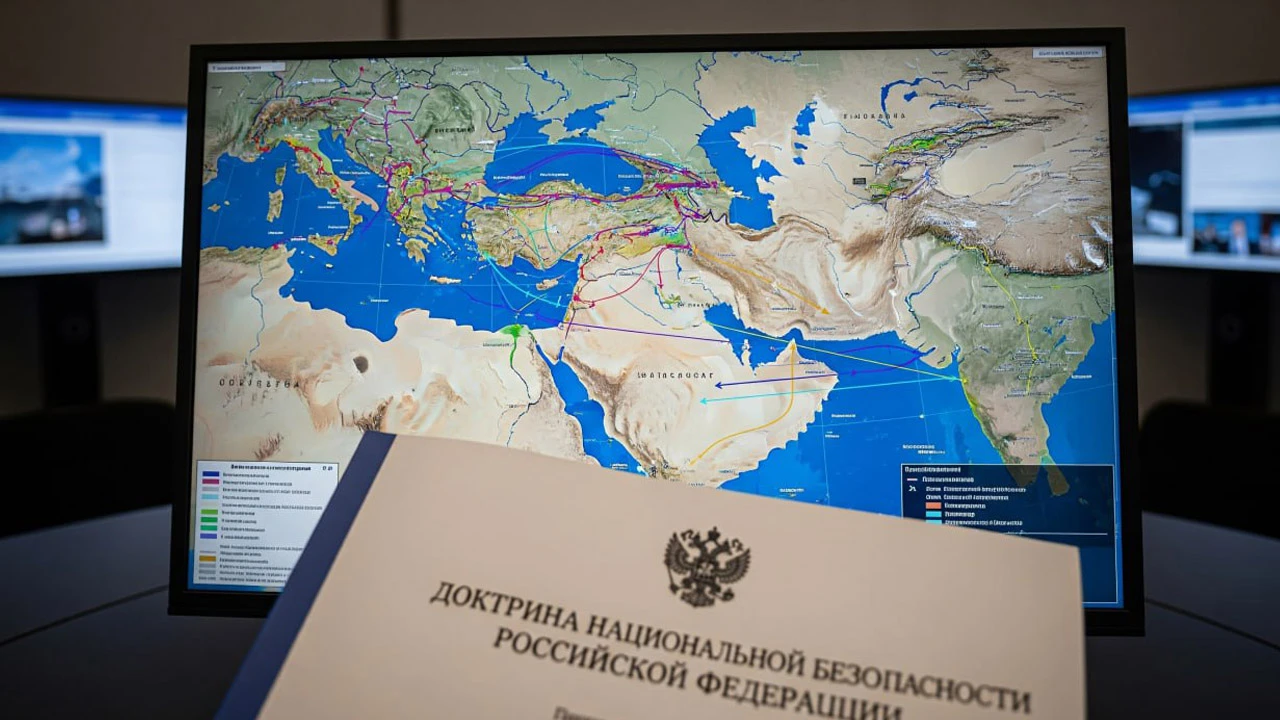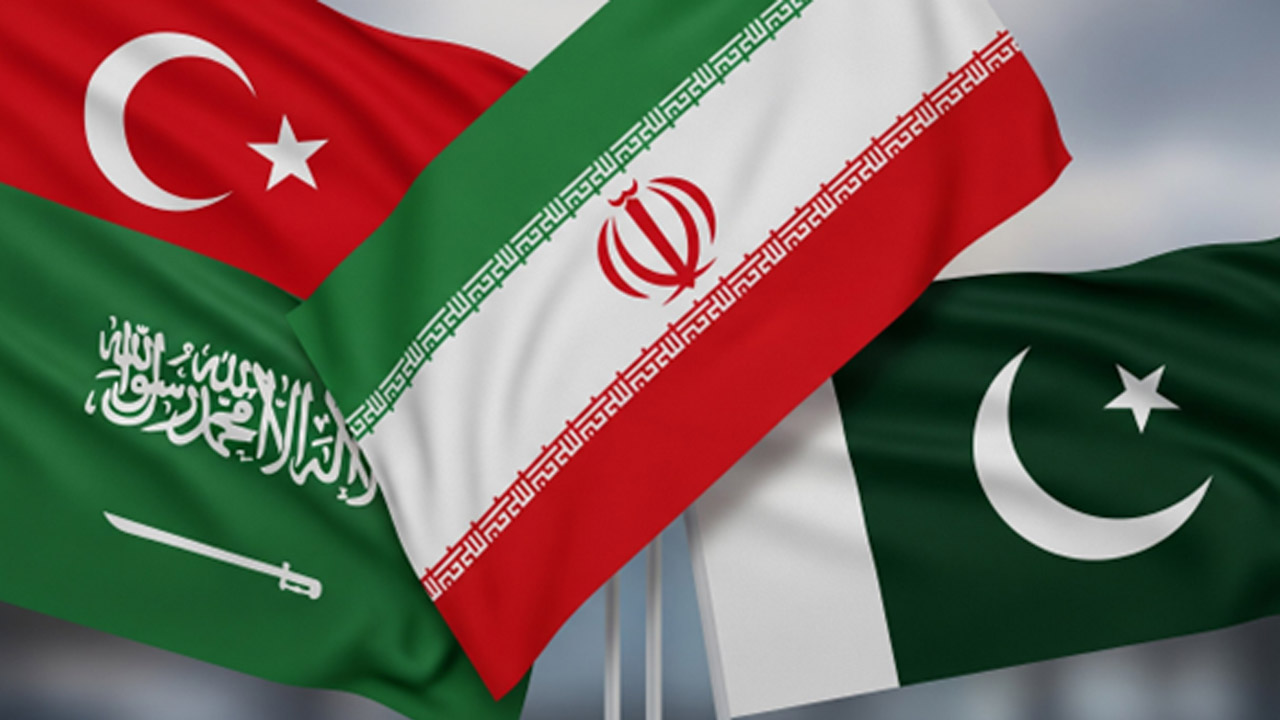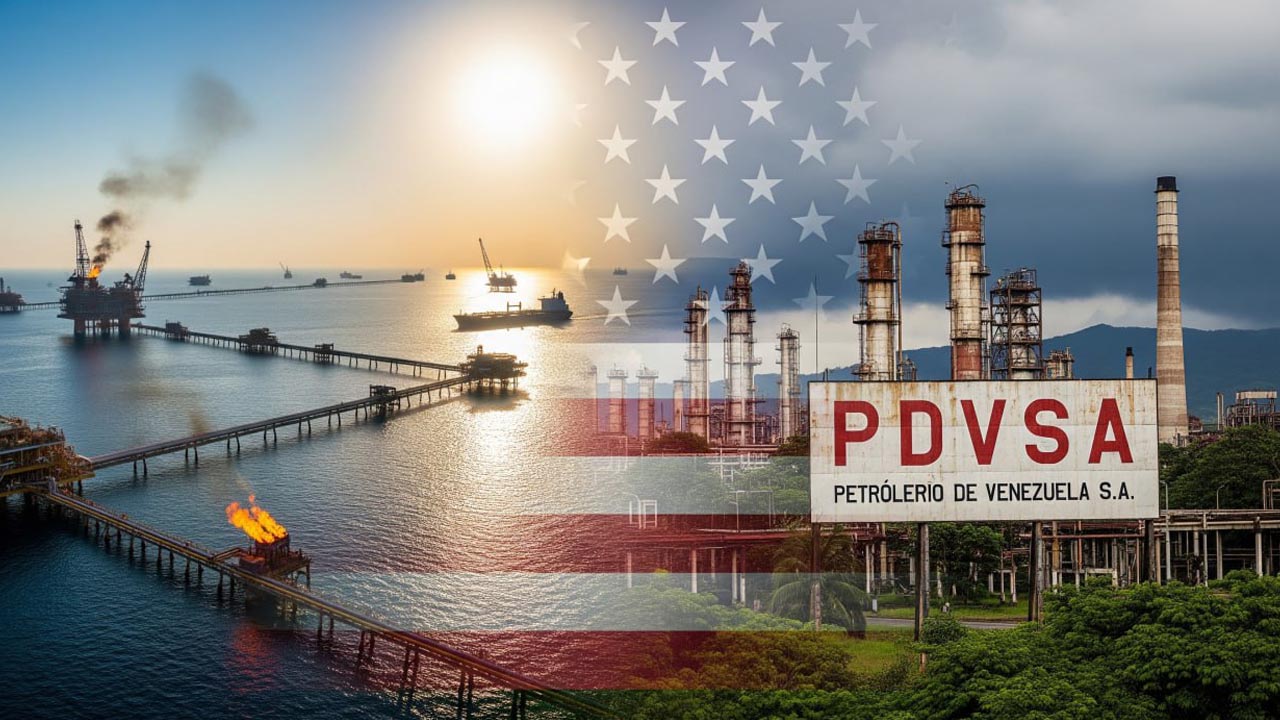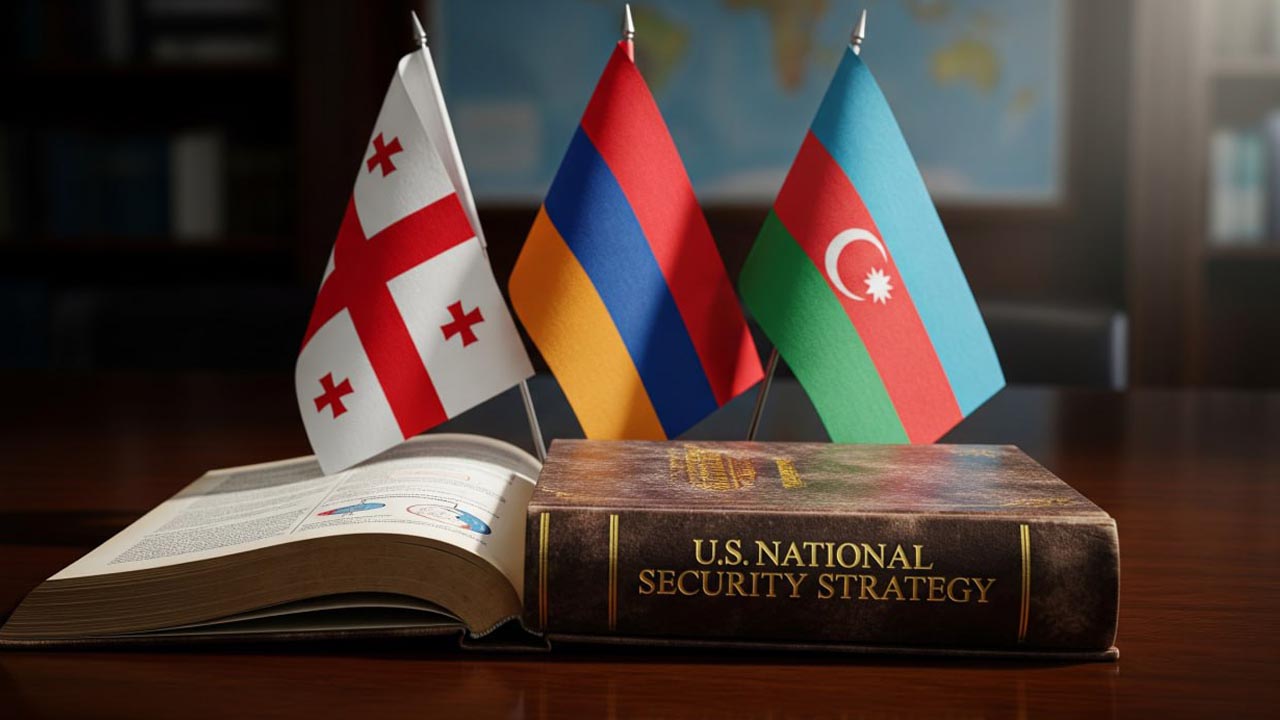
Posts by ARVAK
Armenian railroad: vectors and directions
ARVAK Center comment, February 23.02.2026
1. An Anniversary ultimatum: new...
The crisis of sacredness: ethical and geopolitical context of “Epstein case” in 2026
ARVAK Center comment, February 16, 2026
The events of early 2026...
“Triumf” in Turkish-Russian relations
ARVAK Center comment, 11.02.2026
1. Crisis of Turkey’s air defense...
D. Trump’s Iranian dilemma: “To strike or not to strike”
ARVAK Center comment, 12.02.2026
1. The Chinese factor: military presence...
NATO crisis and Turkey’s geopolitical anxiety
ARVAK Center comment, 28.01.2026
NATO crisis and Turkey’s geopolitical...
The Syrian knot and Washington’s strategic exchange
ARVAK Center comment, January 23, 2026
Escalation in Aleppo and the...
The Russian Federation’s National Security Doctrine and its geopolitical ambitions in the Caucasus Region
Доктрина национальной безопасности РФ и ее геополитические амбиции в Кавказском...
Union of Turkey, Saudi Arabia, and Pakistan amid unrest in the IRI
ARVAK Center comment, 14.01.2026
1. A new Defense pact
In early January...
U.S. Energy Doctrine within the framework of the New National Security Strategy (2025)
ARVAK Center comment, December 26.12.2025
1. Revision of energy priorities in...
New U.S. National Security Strategy and the South Caucasus
ARVAK Center comment, 22.12.2025
Conceptual departure from global hegemony...


